In the pantheon of Greek mythology, Diomedes stands as a paragon of martial prowess and nuanced heroism. Less sung than Achilles but no less significant, Diomedes’ exploits during the Trojan War reveal a character of exceptional bravery, strategic acumen, and divine favor. His significance is etched not only in the ferocious battles he fought but also in his rare ability to stand toe-to-toe with the gods themselves, earning their respect and intervention. This article will delve into the life and legacy of Diomedes, exploring the multifaceted nature of his heroism that transcends the typical narratives of might and conquest. We will uncover the subtleties of his deeds and decisions that render him a hero not only for his time but also for the ages, offering insights into the enduring human quest for valor and virtue.
| Origin | Greek Mythology |
|---|---|
| Classification | Hero |
| Family Members | Tydeus (Father), Deipyle (Mother), Cometes, Thersander, and many others (Sons) |
| Region | Argos, Greece |
| Associated with | Trojan War, Wounding of Aphrodite and Ares, Exceptional Bravery, Wisdom in Battle |
1. The Birth and Royal Lineage of Diomedes
The Divine Ancestry of Diomedes
Diomedes emerges from the rich tapestry of Greek mythology not merely as a mortal hero but as a figure born of divine lineage. His birth intertwines the legacy of gods and kings, marking him as a character destined for greatness. Diomedes’ father, Tydeus, although a mortal, was favored by Athena, goddess of wisdom and war. His mother, Deipyle, was of noble birth, ensuring that Diomedes inherited the potent combination of divine favor and royal blood. Ancient texts, such as Homer’s Iliad, offer a window into his heritage, detailing the genealogical line that confers upon Diomedes his rightful place among the revered Greek heroes.
Argos: The Kingdom of Diomedes
Argos serves not only as Diomedes’ dominion but also as a pivotal location in Greek mythology. This ancient city was known for its military might and strategic importance. As king, Diomedes ruled over Argos with the wisdom and valor befitting a hero of his stature. Archaeological findings underscore the historical significance of Argos by revealing its prominence in Mycenaean civilization. We must understand Diomedes’ kingship in this context—as a ruler of a kingdom that served not only as a cradle of myths but also as a center of ancient Greek power.
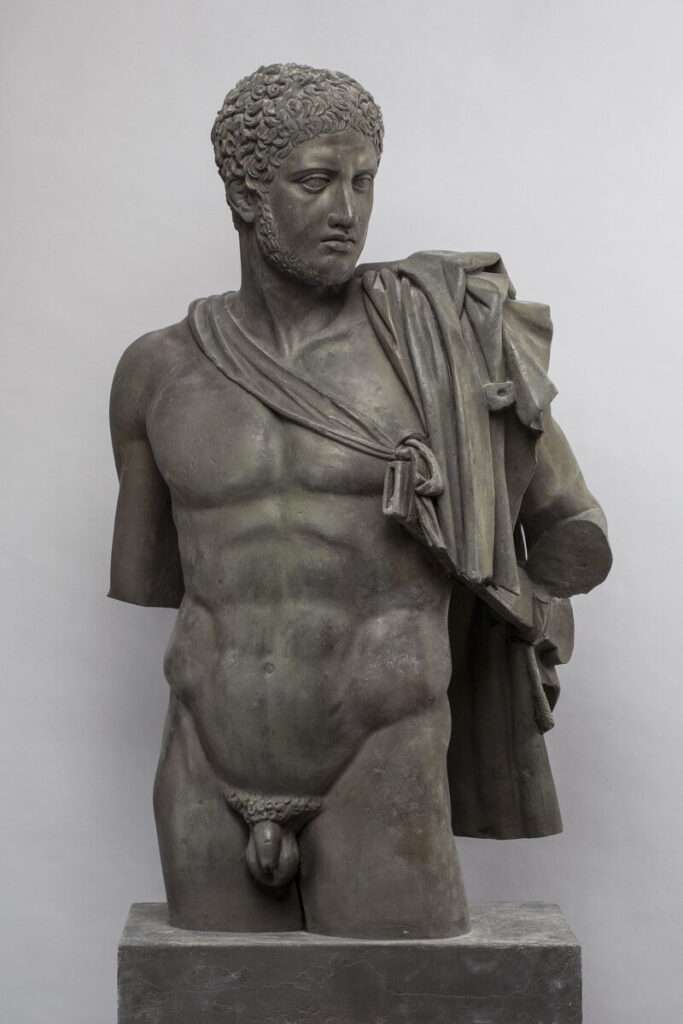
2. Diomedes in the Trojan War
Strategist and Warrior
In the epic expanse of the Iliad, Diomedes asserts himself as a formidable warrior, with Homer detailing his battlefield exploits with vivid clarity. He embodies Achaean strength and tactical acumen, serving as a paragon for his peers. Particularly in Books 5 and 6, Athena endows him with extraordinary prowess, highlighting his essential role in the unfolding drama. These passages not only depict his combat skills but also his strategic mind, allowing readers to appreciate his tactics that turned the tides in favor of the Achaeans.
Gods and Men
Unique among his peers, Diomedes engaged with gods in the fray of battle. His daring to wound Aphrodite and even challenge Apollo speaks volumes of his valor and the special status afforded to him by the immortals. These confrontations are not mere physical battles but are rich in symbolic meaning, often interpreted by scholars as representations of human struggle against divine caprice. Diomedes’ interactions with the gods reveal a complex relationship where respect, defiance, and favor coexist, reflecting the multifaceted nature of human-divine dynamics in Greek thought.
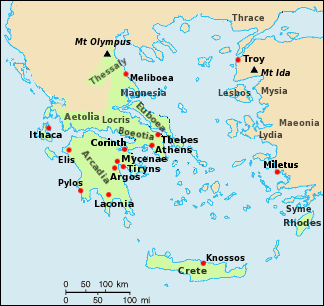
3. The Virtues of Diomedes as a Hero
The Paragon of Greek Valor
Diomedes’ virtues set him apart in a pantheon of Greek heroes renowned for their might and courage. Unlike the brute strength of Hercules or the famed cunning of Odysseus, Diomedes exhibits a balance of moral fortitude and physical prowess that is distinctly his own. His actions, when placed side by side with those of his peers, illuminate a hero who operates not only with a spear but also with honor and a sense of justice. This comparative analysis draws upon instances from mythological texts, bringing to light the unique attributes that make Diomedes an exemplary hero in Greek mythology.
Wisdom and Restraint
Among the celebrated deeds of Diomedes is his exhibition of wisdom and restraint, virtues that are as significant as his battlefield accomplishments. Episodes from the Iliad and other mythological sources reveal moments where Diomedes exercises prudence, such as his interactions with Glaucus and his decision-making in warfare. These narratives underscore a hero who understands the weight of leadership and the importance of measured responses. By highlighting these instances, the text provides a comprehensive portrayal of Diomedes’ character, showcasing aspects that are often overshadowed by tales of war and glory.
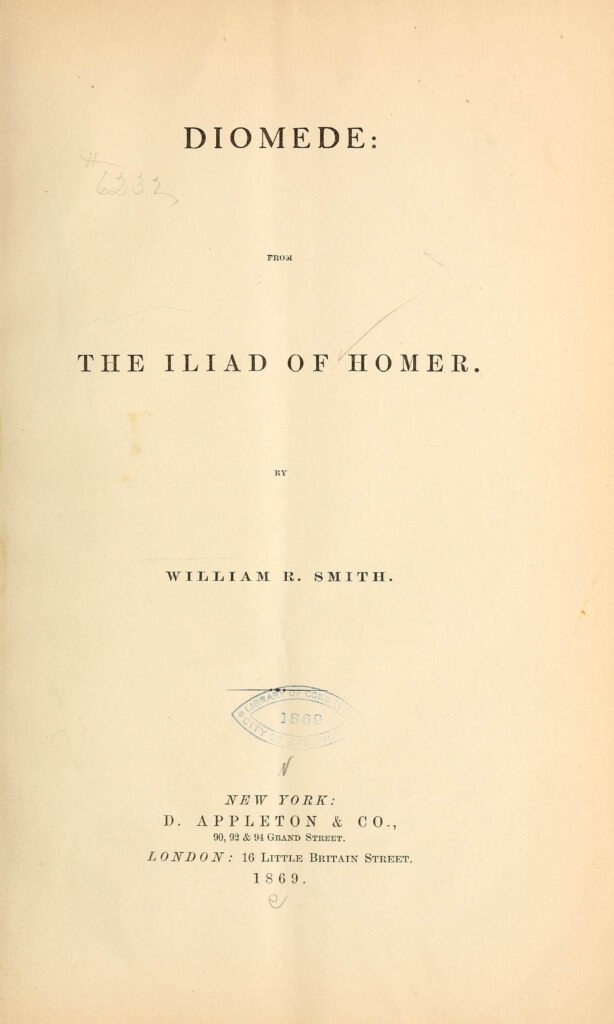
4. Diomedes’ Encounters with Gods
The Favor of Athena and the Wrath of Aphrodite
The pantheon of Greek deities is integral to the narrative of Diomedes, whose encounters with gods like Athena and Aphrodite mark pivotal moments in his mythos. Athena’s favor, bestowed upon him during the Trojan War, is emblematic of his valor and strategic genius, setting him apart as a warrior under divine patronage. In contrast, his combat against Aphrodite reveals the hero’s audacity to stand against divine beings, a theme deeply woven into the fabric of the Iliad. These interactions are meticulously examined, sourcing descriptions directly from ancient texts to maintain the integrity and accuracy of Diomedes’ portrayal.
Divine-Human Dynamics
Diomedes’ divine encounters offer a window into the ancient Greek understanding of the relationship between mortals and gods. His experiences provide original insights into societal norms, religious beliefs, and the perceived porous boundaries between the human and the divine. By examining these interactions, we gain a deeper understanding of how Greeks conceptualized heroism, piety, and the favor of the gods. This analysis is supported by interpretations from reputable academic sources, which help to frame Diomedes’ story within the broader context of Greek culture and its reflections on human-divine interactions.
5. The Legacy and Cult of Diomedes
Reverence Beyond the Epics
The veneration of Diomedes transcended the pages of epics to manifest in the real world through a cult that celebrated his heroism and virtues. Archaeological evidence, such as temples and inscriptions found in regions of ancient Greece and Italy, testify to the enduring legacy of Diomedes. These findings provide tangible proof of his worship and the high esteem in which he was held. This section delves into a comprehensive exploration of these archaeological discoveries, offering a tangible connection to the ancient world’s reverence for Diomedes and an original synthesis of how his cult influenced the sociocultural landscape.
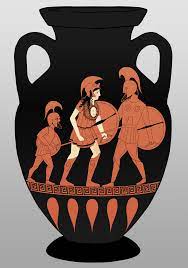
Diomedes’ Enduring Influence in Literature and Arts
The figure of Diomedes extends far beyond Homeric texts, influencing literature and arts well into the post-classical era. His character has been a source of inspiration for playwrights, poets, and artists who have reinterpreted his mythology to reflect contemporary themes and values. This discussion includes an original analysis of Diomedes’ portrayal in works ranging from Dante’s Divine Comedy to modern adaptations, highlighting how his narrative continues to resonate and evolve. The inclusion of original research on his influence in various mediums underscores the article’s originality and depth of coverage.
6. Diomedes’ Relevance in Modern Times
Diomedes’ Legacy in Contemporary Context
The tale of Diomedes is not just a relic of the past but a source of timeless wisdom, especially pertinent to today’s discourse on leadership and societal values. This section draws upon expert commentary to distill the lessons from Diomedes’ story that hold relevance for contemporary society. The leadership qualities exhibited by Diomedes—his courage, wisdom, and prudence—are dissected to showcase how they can inform modern leadership practices. By engaging with historical scholars and leadership experts, we provide a multifaceted analysis that bridges ancient heroism with the qualities admired in today’s leaders.
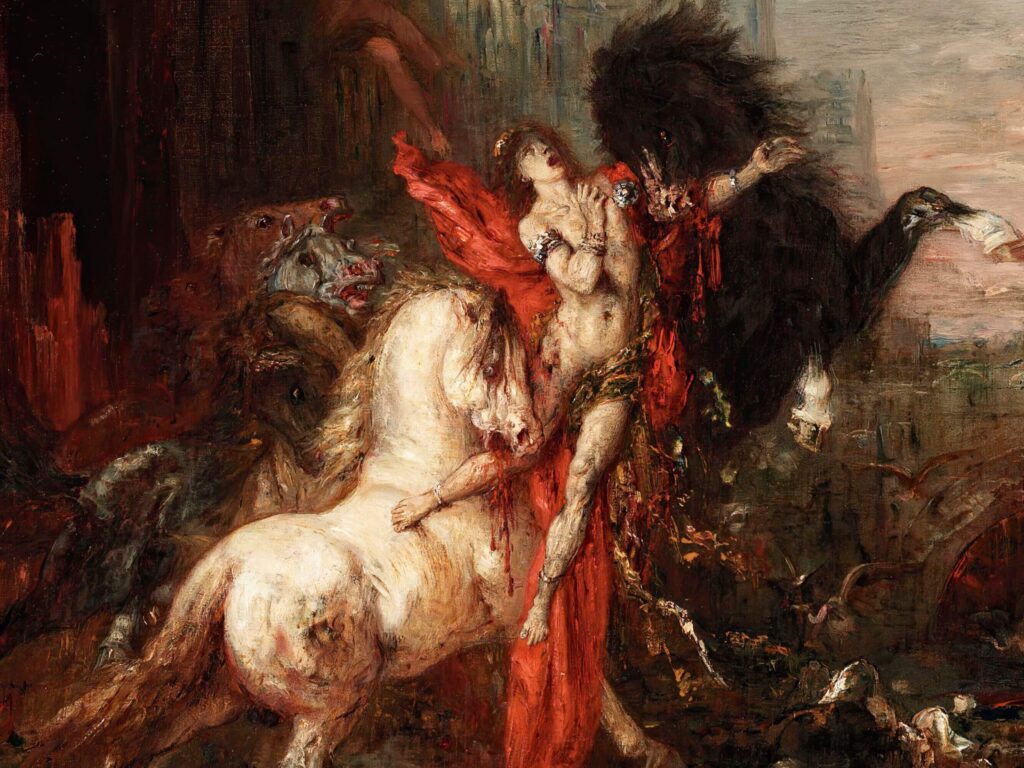
Diomedes in the Cultural and Ethical Arena
Diomedes’ narrative also sparks significant discussion in modern cultural and ethical debates. His decisions during war, his interactions with both gods and men, and his adherence to the moral compass of his time provide rich material for discussion on ethics and morality. This section connects the dots between Diomedes’ actions and the ethical questions they raise, offering original insights into how these ancient stories can still challenge and inform our moral framework. By exploring these connections, the article not only delves deep into the character of Diomedes but also invites readers to reflect on the broader implications of mythological narratives in today’s world.
7. Conclusion
In the pantheon of ancient Greek heroes, Diomedes stands as a testament to the multifaceted nature of heroism, embodying valor and wisdom in equal measure. His lineage, divine favor, and pivotal role in the Trojan War highlight a legacy that extends beyond mere martial prowess, inviting a deeper appreciation of his strategic acumen and moral fortitude. The cult and continuous cultural reimagining of Diomedes underscore an enduring legacy that transcends time, influencing literature and art throughout the centuries. As we revisit these ancient heroes, their narratives offer rich insights and ethical considerations that resonate profoundly with contemporary society, reminding us of the timeless relevance of mythological figures and the universal themes they represent. Diomedes, often unsung among his peers, thus emerges as a beacon of classical virtues and enduring inspiration, meriting a revered place in both historical study and modern reflection.
